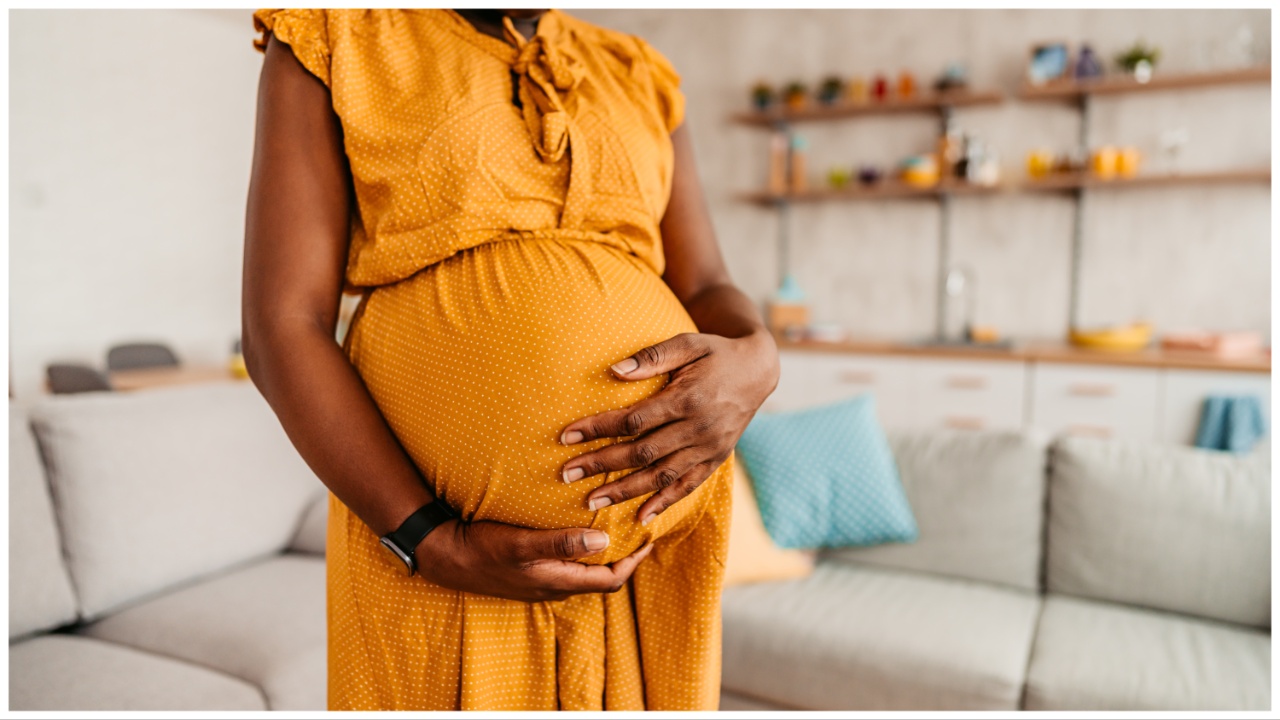When It Comes to American Parental Leave, the Kyte Baby Fiasco Is the Tip of the Iceberg

Welcoming a new baby into your home should be a joyous event—but one mom’s experience shows how American work culture can make it anything but.
Marissa Hughes, an employee at baby clothing company Kyte Baby, and her husband adopted a newborn named Judah in December 2023. However, Judah was born prematurely at 22 weeks, which meant he was looking at a lengthy stay in the neonatal intensive care unit. Complicating things even further was that Hughes and her husband lived in Dallas, TX, and Judah was 9 hours away, in El Paso.
According to Kyte Baby CEO Ying Liu, the company’s parental leave policy granted two weeks of maternity leave to all new parents who had worked at the company for at least six months. When Hughes asked to work remotely after the two weeks were up so that she could stay by Judah’s bedside, Liu denied her request. In order to take care of Judah, Hughes had to forfeit her job.
News of Hughes’ firing went viral, and Kyte Baby customers took to social media to announce that they would no longer support the company. Liu then posted an apology video to TikTok. However, viewers quickly called her out for the scripted, impersonal nature of the video, in which she stated that she had “the utmost respect for babies, families, and the adoption community” and was sorry that Hughes “didn’t feel supported.”
Liu then posted a second, unscripted video in response to the backlash to the first video, admitting that she was the one who had denied Hughes’ remote work request. Liu also said that the company would continue to pay Hughes’ salary and benefits, even though Hugh doesn’t plan to return.
In the meantime, Hughes and her husband are currently running a GoFundMe campaign to cover Judah’s adoption expenses.
Two weeks of parental leave is a joke
Underlying Liu’s problematic decision to deny Hughes’ request is Kyte Baby’s heartless parental leave policy.
When it comes to parental leave, the U.S. remains an outlier among wealthy nations. For comparison, Canada offers 15 weeks of paid leave with options for additional time, and the U.K. offers up to 39 weeks. The U.S. on the other hand, offers 12 weeks of unpaid leave—and that’s only if a worker meets certain requirements. Any paid leave is left to the discretion of individual employers.
Two weeks of leave is laughably inadequate when it comes to taking care of a newborn. Even if a parent isn’t recovering from the major medical event of childbirth, newborns need around-the-clock care for several weeks, and infants need intensive care and bonding for months after birth. It’s not fair to make the parents of healthy newborns scramble to find care within weeks of birth, and it’s even worse to demand that they leave NICU-bound babies to go back to work. Two weeks’ leave is a cruel policy—and the fact that it’s offered by a company specializing in baby clothing makes it especially galling.
There’s also the matter of American work culture, which encourages employers to make ghoulish decisions like Liu’s. This incident is far from the first time a boss has denied a new parent’s accommodation request because they felt work was more important than family, and it won’t be the last.
Kyte Baby has a chance to correct course and do right by future parents. Hopefully Liu has truly learned from her mistake; now it’s time to tackle the underlying problems that fueled it in the first place.
(via USA Today, featured image: Urbazon/Getty Images)
Have a tip we should know? tips@themarysue.com